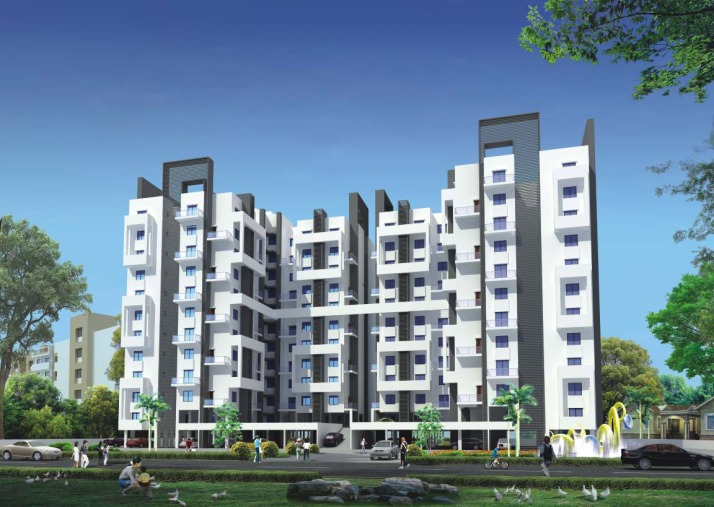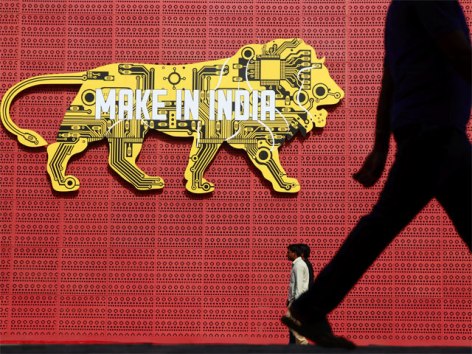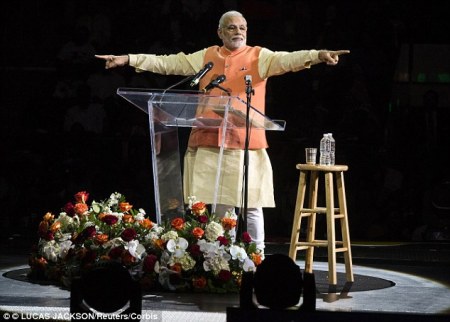
Bringing in a ray of hope for the revival of Gurgaon’s realty market, the Haryana government has decided to reduce circle rate for 2016-17 by 15 percent with few areas to get 10 percent deduction as well.
Circle rates are the minimum authority-defined prices at which sale or transfer of a plot, built-up-house, apartment, commercial property or land takes place. The property can not be registered below this price. Stamp duty and registration charges for a property are also based on this.
“A drop in circle rates is directly proportional to decrease in property prices, and as property prices fall, the demand for the property plays an inverse relation. Falling property prices help in attracting end users more than investors, and it is crucial for Gurgaon’s realty sector to revive. The Real Estate Market is very sound and now available with lowered prices, we’ll witness the comeback of buyers”, says Pawan Kumar Dhoot, Director, Dhoot Group.
Realty sector in Gurgaon has been going through a lull phase, and it is also for the first time that circle rates have been reduced in the corporate hub. For the last two financial years, the rates were not reduced that resulted in negative buyers’ sentiments and even the developers’ fraternity was pushing the government to offer a rate reduction this time.
The state government has provided the highest relaxation in private colonies, HUDA sectors and other residential colonies falling under the older city.
“As the rate cut effect gets operational, buyers’ sentiments will improve significantly. The overall cost is likely to come down as these rates are also the basis of tax calculations which indirectly pinch a customers’ pocket. Earlier, buyers were forced to pay additional stamp duty and capital gains tax on the differential values as well, that resulted the buyers to shell out extra amount. This move will thus, eradicate the extra payment that buyers were making which in turn will allow them save money and invest elsewhere on property buying”, elucidates Deepak Kapoor, President CREDAI-Western U.P.
Commenting upon how well the Gurgaon realty market might shape up, post this decision, Vikas Sahani, CMD of Property Guru concludes, “Several thousand units are lying vacant in Gurgaon with no takers at all. The demand for property had come to a standstill as prices till last few years were roaring. With this move, prices will get reduced and become realistic, thus allowing the properties to cost much less to the buyers. The effect on demand will be prominent till the next quarter as we’ll also have festive season around the corner. End users as well as investors will become active again that will help in picking up Gurgaon’s realty prospects for future.”









